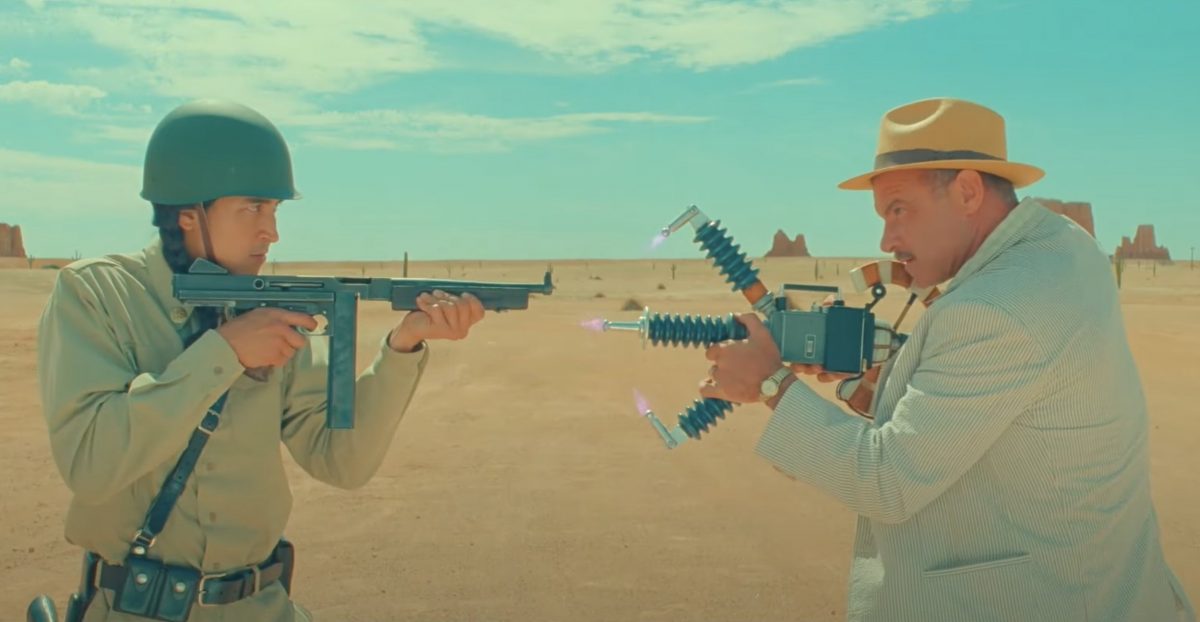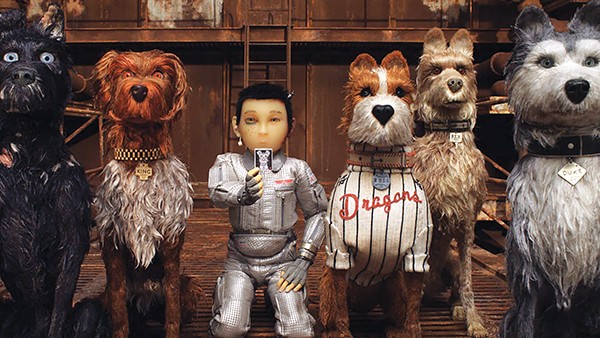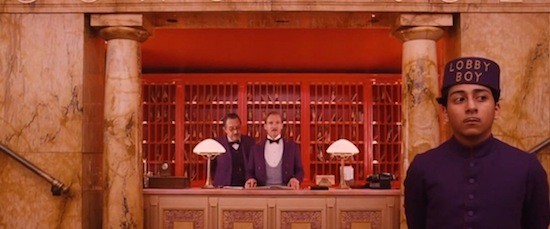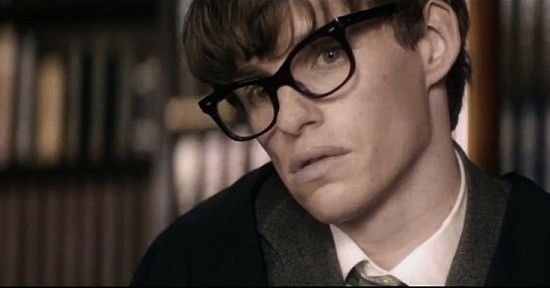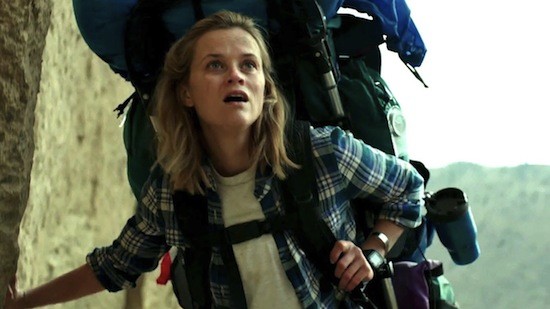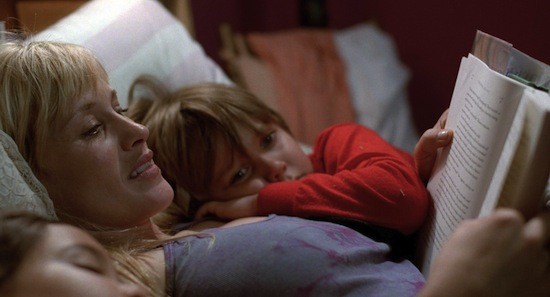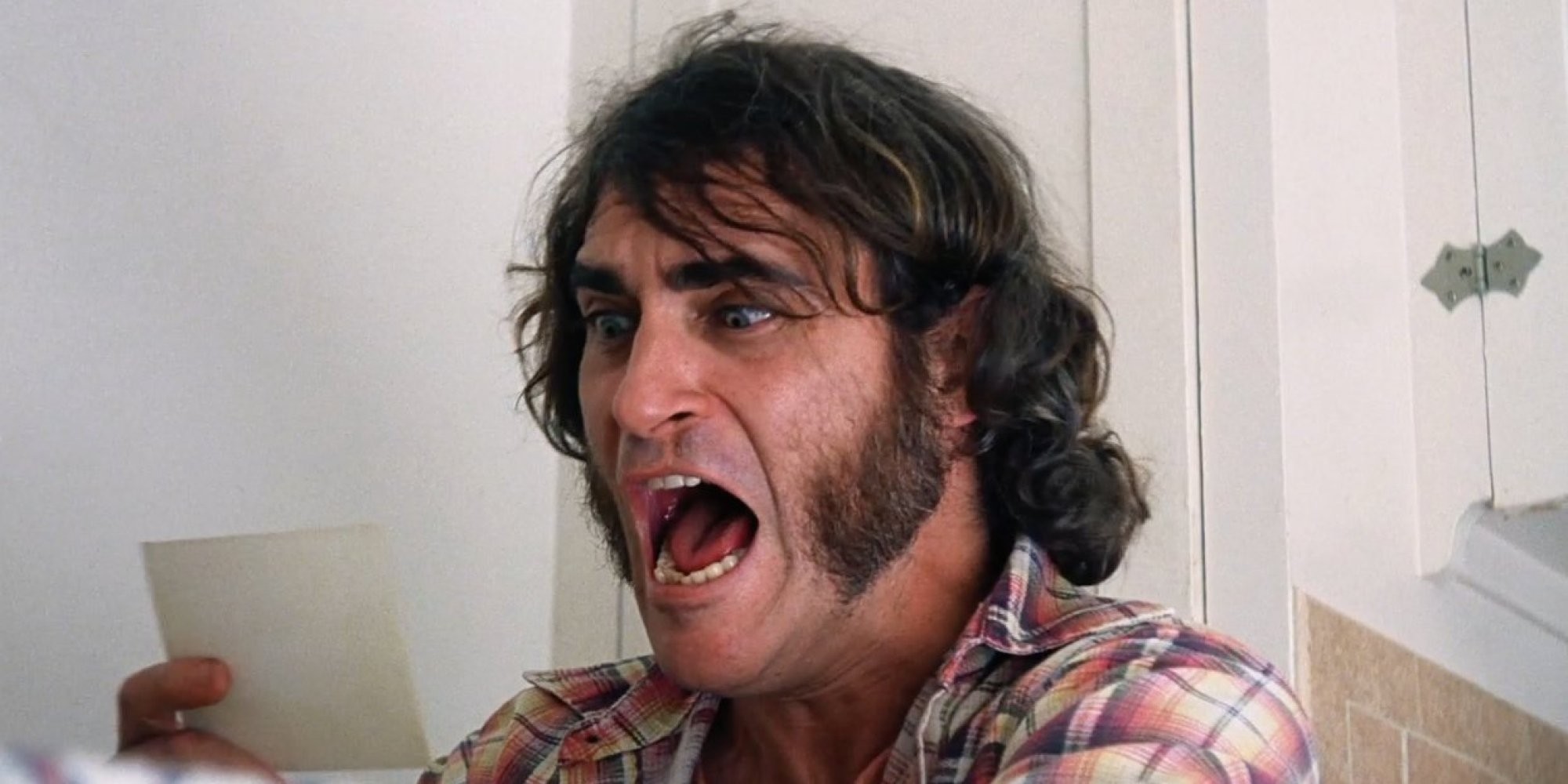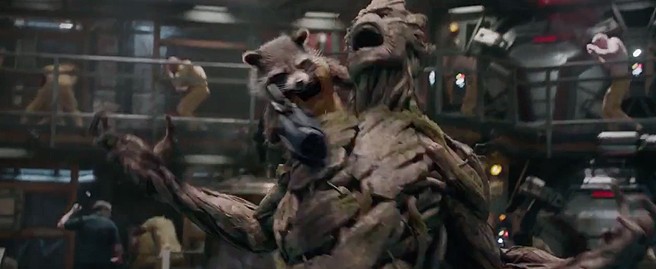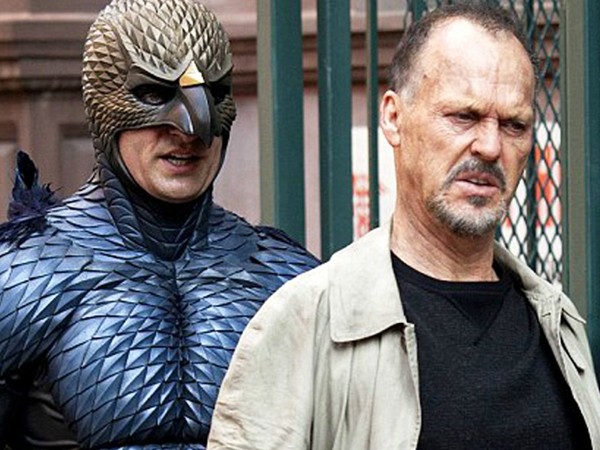Wes Anderson’s highly anticipated new project Asteroid City lands this weekend. The film is a star-studded trip to Arizona desert in 1955, where the Junior Stargazers Convention is gathering for a wholesome weekend. But this cozy scene is shattered when an actual alien arrives in a for-real spaceship. Is the alien good or bad? Will the play based on the low-key alien invasion make it to opening night? Frequent Anderson collaborators Jason Schwartzman, Jeffrey Wright, Tilda Swinton, Edward Norton, Adrien Brody, Willem Dafoe, Bob Balaban, and Jeff Goldblum are joined by Tom Hanks, Bryan Cranston, Maya Hawke, and Pulp’s Jarvis Cocker.
Jennifer Lawrence returns to the screen in No Hard Feelings as Maddie, an Uber driver whose luck has run out. To stave off bankruptcy, she takes a Craigslist job as a surrogate girlfriend for introverted rich kid Percy (Andrew Barth Feldman). This sex comedy for people who hate sex and also comedy co-stars Matthew Broderick and Natalie Morales.
Speaking of alien invasions, the Time Warp Drive-In for June has three of them. First up on Saturday night June 24 throws Tom Cruise into a time loop. Edge of Tomorrow was a minor hit on release in 2014, and gained cult status since then—despite a late-game name change to Live, Die, Repeat. Emily Blunt and Bill Paxton co-star as soldiers fighting alien Mimics, whose time bomb is literal.
The kind of robotic mech suits the soldiers use in Edge of Tomorrow are straight out of Starship Troopers, the Robert A. Heinlein novel from 1959 which pretty much invented the idea. In 1997, director Paul Verhoeven omitted the armored spacesuits when he adapted the novel, focusing instead on subtly lampooning the book’s rah-rah militarism. Most people didn’t get the joke, but Starship Troopers is now regarded as a classic. Would you like to know more?
The Blob is an all-time classic of 1950s sci-fi. The 1988 remake, which provides the third film of the Time Warp, is well known among horror fans as one of the best remakes ever. Check out Kevin Dillon’s magnificent mullet in this trailer.
Pixar’s latest animated feature Elemental explores love in a world of air, fire, water, and earth. Ember (voiced by Leah Lewis) is a fire elemental who strikes up an unlikely romance with Wade (Mamoudou Athie), a water elemental. Can the two opposites reconcile, or will they vanish in a puff of steam? Longtime Pixar animator Peter Sohn based Elemental on his experiences as a Korean immigrant growing up in New York City.
On Wednesday, June 28, Indie Memphis presents Lynch/Oz. Filmmaker Alexandre O. Philippe’s remarkable video essay explores the ways images and ideas from The Wizard of Oz shaped the radical cinema of David Lynch.
On Thursday, June 29, Paris Is Burning brings the vogue to Crosstown Theater. Director Jeanne Livingston spent seven years filming the Harlem Drag Ball culture, where competing houses competed for drag supremacy. Paris is Burning is a landmark in LBGTQ film, and one of the greatest documentaries of the last 50 years.
